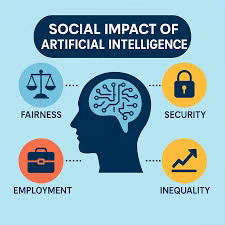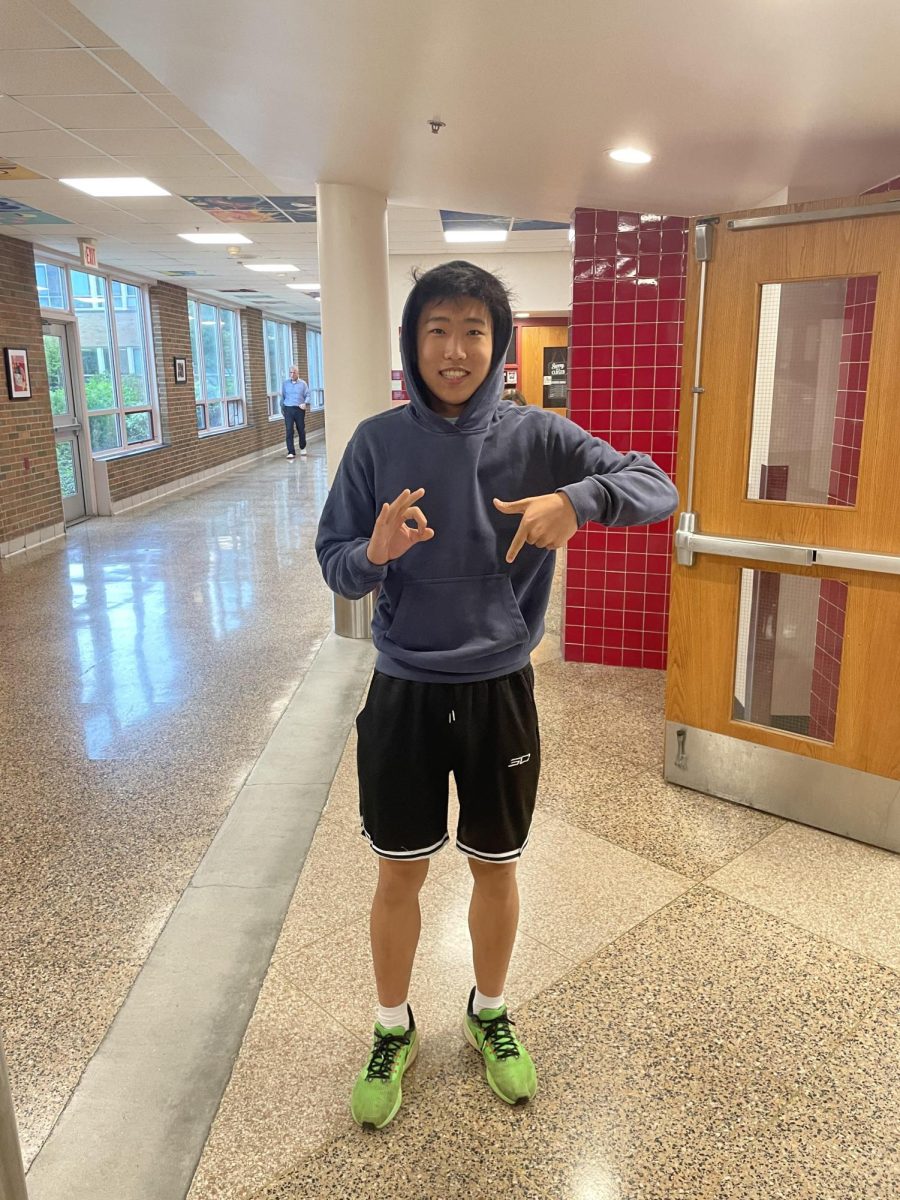As artificial intelligence (AI) continues to expand in classrooms and beyond, students are grappling with both the promises and the drawbacks of its rapid growth. While some see AI as a helpful tool for innovation and efficiency, there may be a lack of awareness of its predominant negative effects on creativity, learning, and even the environment.
“It’s a wonderful tool, but it could be dangerous if it’s used in the wrong way,” said building substitute Howard Cohen. “I think the question we should all be asking is how we can use it in a safe way, maintaining the balance of safety.”
While many conversations about AI focus on risks to creativity and learning, some students highlight the important role it can play in scientific and industrial fields.
“For some industrial or scientific applications, the usage of AI is really important,” senior Pamela Hao said. “It helps to speed up the research process and the product can help people in many different ways.”
On the other hand, the impact AI has is not always positive, causing people to worry that creativity and true learning will be replaced with machine-generated work. Some students believe that the potential for negative impact on learning depends on the subject and the type of work assigned.
“For subjects such as English and writing assignments, AI might reduce creativity if you let it come up with your ideas,” said junior Isaiah Mwebeiha. “But for the most part, if you have an enjoyment for your assignment or class, you’re not going to use AI for it because it’s a subject you like to do.”
Another concern is plagiarism, as these issues could create significant problems in schools and beyond, especially when citing sources is needed.
“When AI draws from a bunch of places, it doesn’t cite them properly, and a lot of the times, even if it says it cites them, when you check the source, none of the information is at the source,” Mwebeiha said. “It’s very bad to use it when your goal is accuracy, like writing a paper, where you need to cite sources.”
The problem of AI-dependence seen in students goes far beyond shortcuts on homework as a recent study has shown that when reliance on AI becomes a habit, it negatively reshapes how people approach learning and problem-solving in general.
“Over the course of several months, ChatGPT users got lazier with each subsequent essay, often resorting to copy-and-paste by the end of the study,” stated Time Magazine in coverage of a new MIT research study about Chat-GPT. “By [the participants’] third essay, many of the writers simply gave the prompt to ChatGPT and had it do almost all of the work.”
Many students believe this concern also extends into teachers’ method of grading, especially in subjects where accuracy and independent analysis are essential.
“Science is getting worse because people are turning in AI papers, and then the people who are grading them are grading them with AI,” junior Gwen Jackson said. “It’s leading to a lot of mistakes because AI isn’t great with science, so we’re getting bad science and that’s going to negatively affect all of us.”
Beyond the potentially negative impact on education, there are also environmental costs that have some questioning AI’s extensive use of natural resources.
“Many people are suffering from the clean water shortages right now,” Hao said. “AI uses water to cool down the servers, so it’s taking away clean water from those who need it.”
In addition to excessive water usage, the development and use of AI has other ways of creating a lasting impact on the environment through use of valuable resources.
“Most large-scale AI deployments are housed in data centres, including those operated by cloud service providers,” the United Environmental Program (unep.org) stated. “The microchips that power AI need rare earth elements, which are often mined in environmentally destructive ways.”
This worry highlights a larger question, as students wonder if over-reliance on AI will limit building the skills needed to analyze, reason, and write on their own.
“Without developing critical thinking, you lose the ability to think for yourself in the real world,” junior Jenna Cutter said.
While students acknowledge that AI has its place, many remain skeptical of its growing influence. In their eyes, AI may be a powerful tool, but its power is also what makes it dangerous if misused.
“AI can do a lot,” Jackson said. “I think we need to be careful about what we let it replace. While it can be helpful to use in some situations, we need to learn how not to depend on it.”




